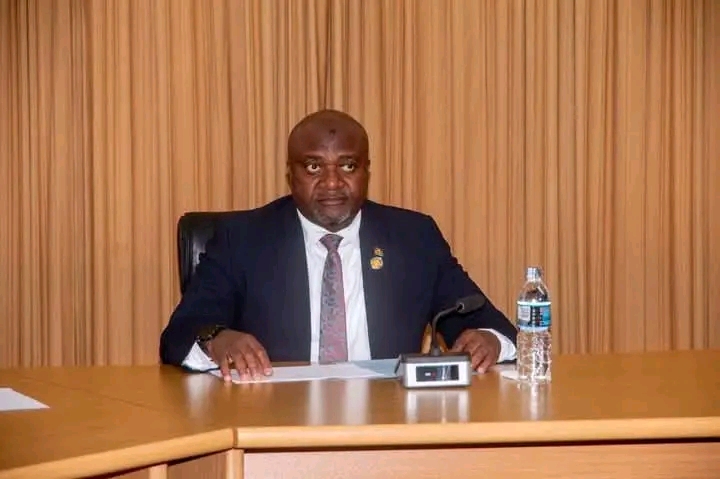By Suleman Chitera
The Government of Malawi is under intense public scrutiny following the controversial decision to procure fertilizer from a butchery—an unprecedented move in the country’s history that has left many Malawians both shocked and outraged.
For the first time since independence, Malawians have witnessed a situation where a critical national program like the Affordable Inputs Programme (AIP) was entangled in a bizarre procurement deal involving a meat shop instead of a legitimate fertilizer supplier. This shocking development unfolded under the watch of the Malawi Congress Party (MCP)-led administration, raising serious questions about governance, accountability, and respect for taxpayers’ money.
The fallout from this scandal has been devastating. Fertilizer, once subsidized at around K5,000 per bag, saw its market price shoot up to a staggering K150,000. This sharp increase has crippled many farmers, especially those in rural areas who depend on farming for their livelihood. The direct result? Reduced yields, deepening poverty, and heightened food insecurity across the country.
Many Malawians are demanding answers. How did the entire government machinery—comprising ministries, procurement agencies, and oversight bodies—fail to detect such a glaring irregularity? Was it sheer negligence, incompetence, or outright corruption? Either way, the silence and lack of accountability from those in power have only fueled public anger.
Political analysts and civil society organizations have echoed the same sentiment: the government must offer a full, honest explanation and take responsibility for this debacle. An official apology to the nation is long overdue.
The people of Malawi deserve leaders who prioritize national interests over personal or political gain. Until clear answers and corrective measures are provided, the fertilizer butchery scandal will remain a stain on the current administration’s record—and a painful reminder of the cost of poor leadership.




